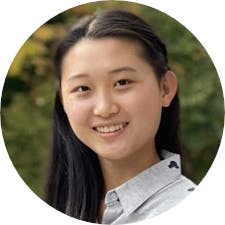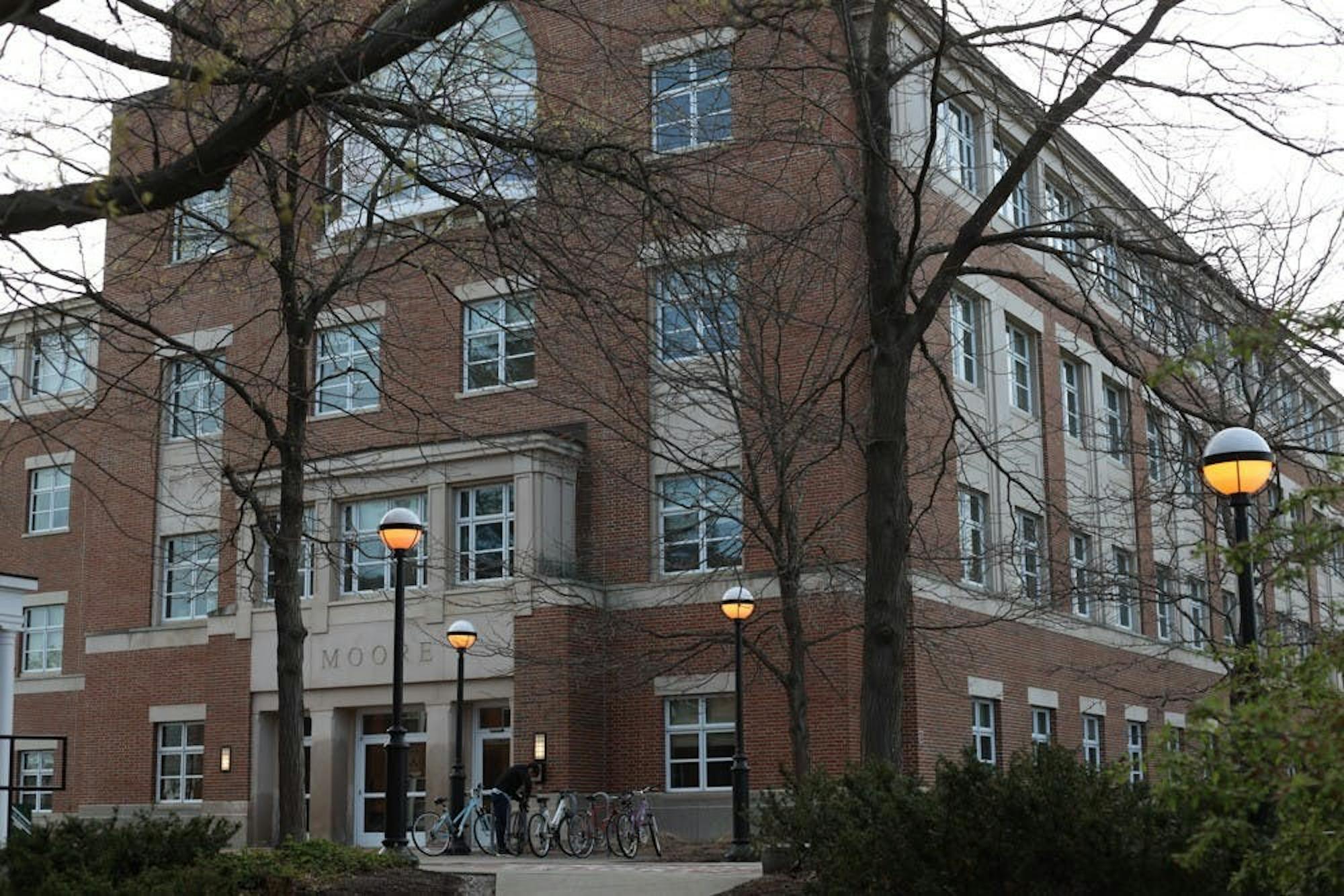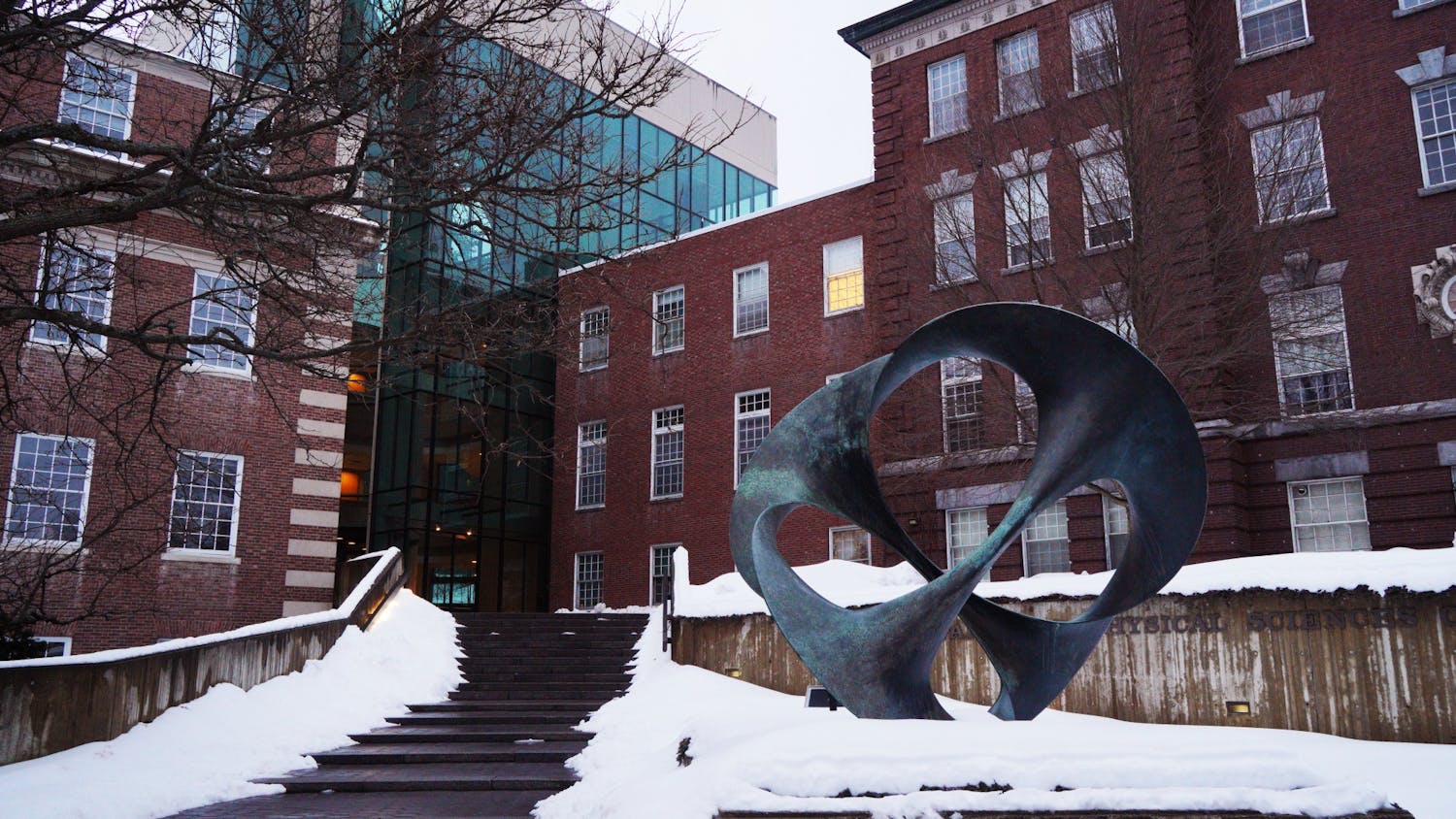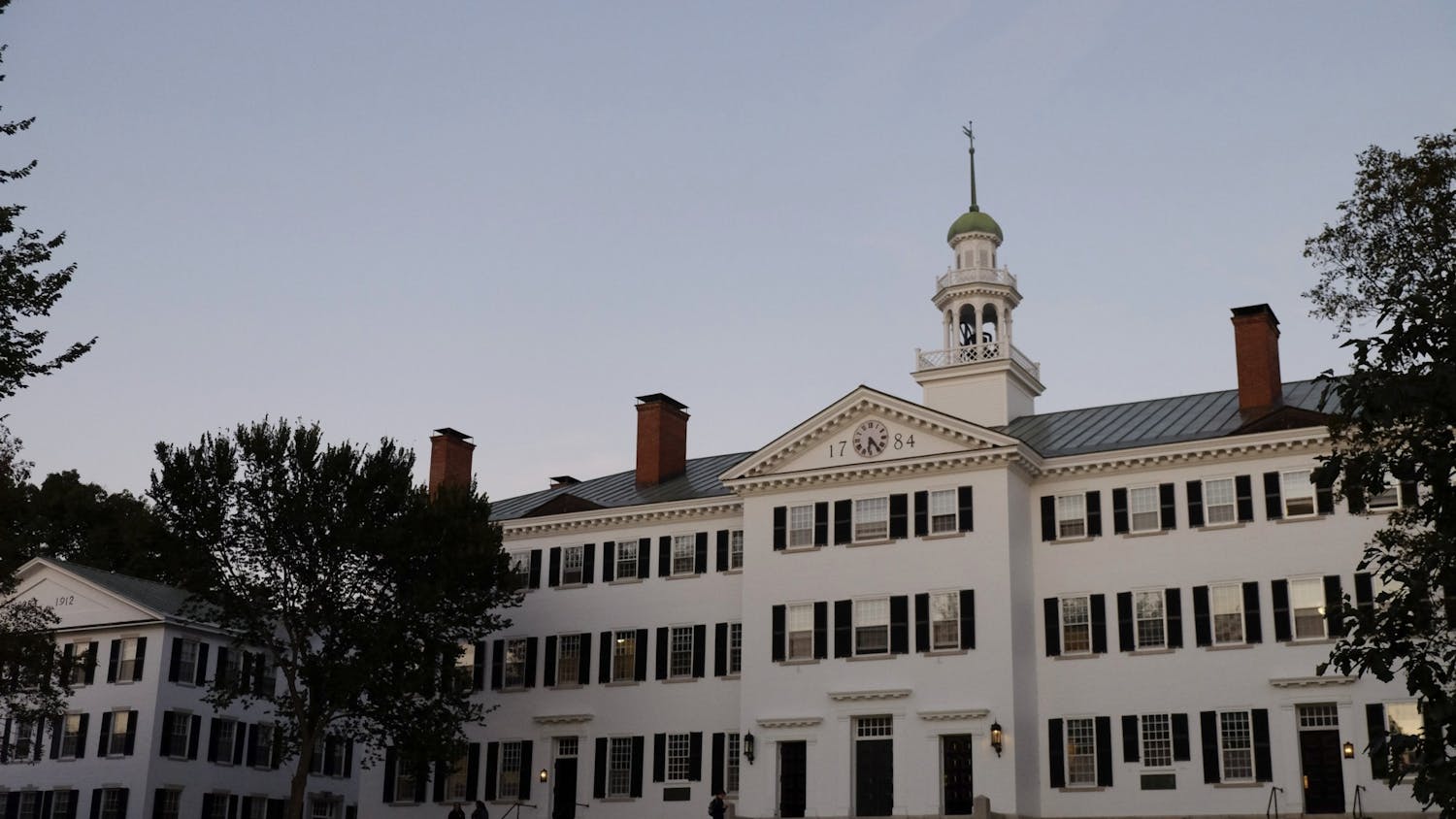This year, the College welcomed 37 new tenured and tenure-track professors to its teaching staff. In addition to adjusting to a new work environment, these professors have navigated largely virtual mentorship and departmental community -building.
Tenure-track professors, who are considered junior faculty, will be considered for tenure after a six-year period. Tenure cases are evaluated based on teaching, research and service, and those who receive tenure are guaranteed a lifelong position at the College.
As new faculty members begin their work at Dartmouth and embark on their paths to tenure, many are already facing challenges posed by COVID-19. Assistant professor of epidemiology at the Geisel School of Medicine Lucas Salas, who was recently hired on the tenure track, said that COVID-19 has created challenges for his research lab in balancing continued research with the safety of his lab assistants.
“It's a constant struggle because you want not only that the work is done, but that the people that are engaged in that work are OK and … receiving an education and [the] formation of skill set[s],” Salas said.
Psychological and brain sciences professor Mark Thornton, who was also hired on the tenure track, conducts research that relies on fMRI machines and brain scanning. Though the scanning center is open, he said he has been cautious of exposing lab personnel to the virus. Consequently, his research has slowed, but he has compensated by pursuing other forms of research that pose fewer risks.
In regard to forming departmental relationships, the pandemic has altered daily interactions between tenure-track faculty members and senior professors. During the first few years, junior faculty often solicit advice and guidance from more experienced mentors within their department, according to Salas. Whereas in pre-COVID-19 times, assistant professors could spontaneously knock on a senior professor’s office door to ask a question, now, Salas and other junior faculty have to contact senior faculty by setting up structured appointments in advance.
Thornton said that an advantage of working in a shared office space is that faculty members could chat casually and engage in “water cooler talk.”
“People are realizing, with COVID, how useful those things are to build basic relationships with other people and feel like you’re part of a group,” Thornton added.
Fortunately, through professional relationships within his field, Thornton said he was acquainted with a fair number of professors in his department prior to teaching at Dartmouth. His graduate students, plant manager and postdoctoral researcher, however, all moved to the Upper Valley with fewer pre-existing connections to the department, so he said he has been “trying to create online opportunities for them to socially integrate,” such as hosting game nights with other labs.
For junior faculty who were on the tenure track prior to this year, the College has granted a one-year extension to the tenure process in response to restrictions caused by the pandemic. According to associate dean of faculty for the arts and humanities Samuel Levey, these difficulties have precluded some professors from completing key parts of their research.
“For many people, being able to collaborate, travel overseas or do field work … that's just not possible,” Levey said. “And faculty need to have that raw time available for them to pursue their research.”
Moreover, Levey added that the extension benefits faculty who act as caregivers for children who are currently at home or elderly parents.
Since the process of review for tenure is holistic, encompassing a professor’s scholarship, teaching and service, the pandemic has not significantly affected this year’s review process, according to Levey. He added that factors such as student course evaluation scores or the volume of articles published, which are subject to greater fluctuation during the pandemic and remote learning, comprise only a single component within the broader landscape of a faculty member’s career.
Levey said he expects to see the impacts of COVID-19 acting as a more “robust feature” of the holistic tenure review for faculty in the future.





